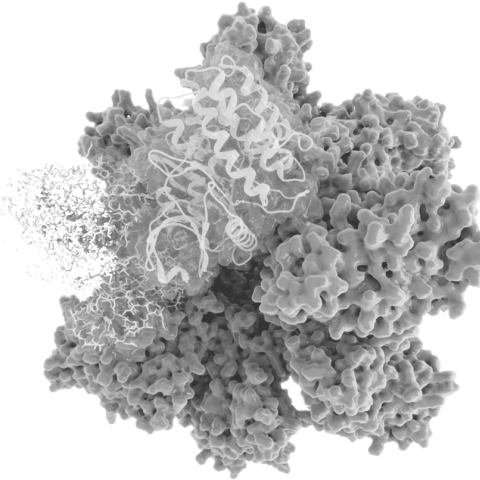Discovery Platform
Fueled by our proprietary drug discovery platform, we are committed to discovering, developing, and delivering important new medicines to make a difference in the lives of people with cancer. Leveraging our deep expertise in kinase biology, we design kinase inhibitors targeting the switch pocket region of the kinase with the goal of developing potentially transformative medicines. Through our patient-inspired approach, we seek to improve treatment outcomes.

